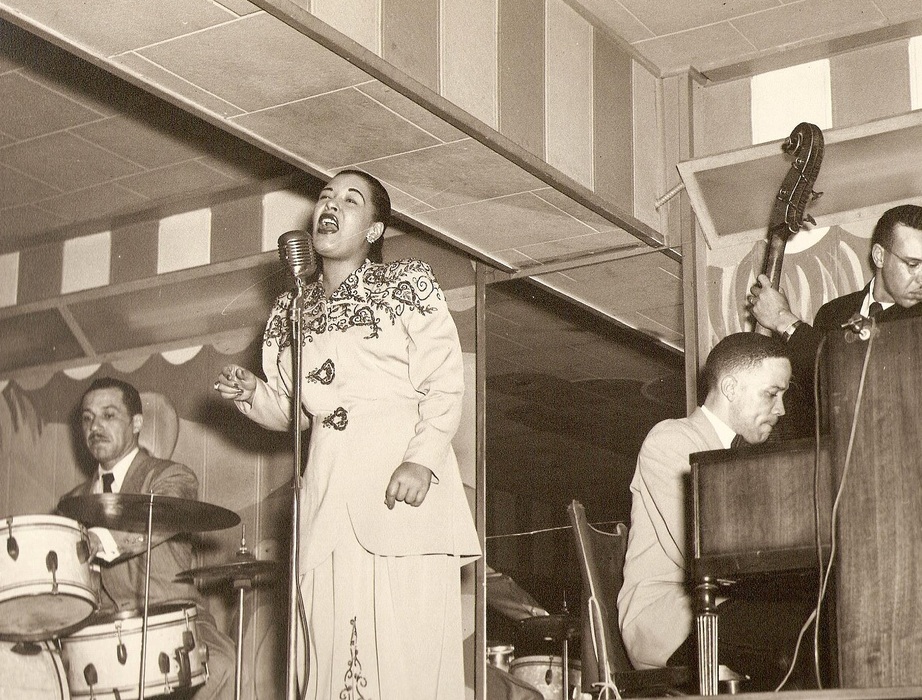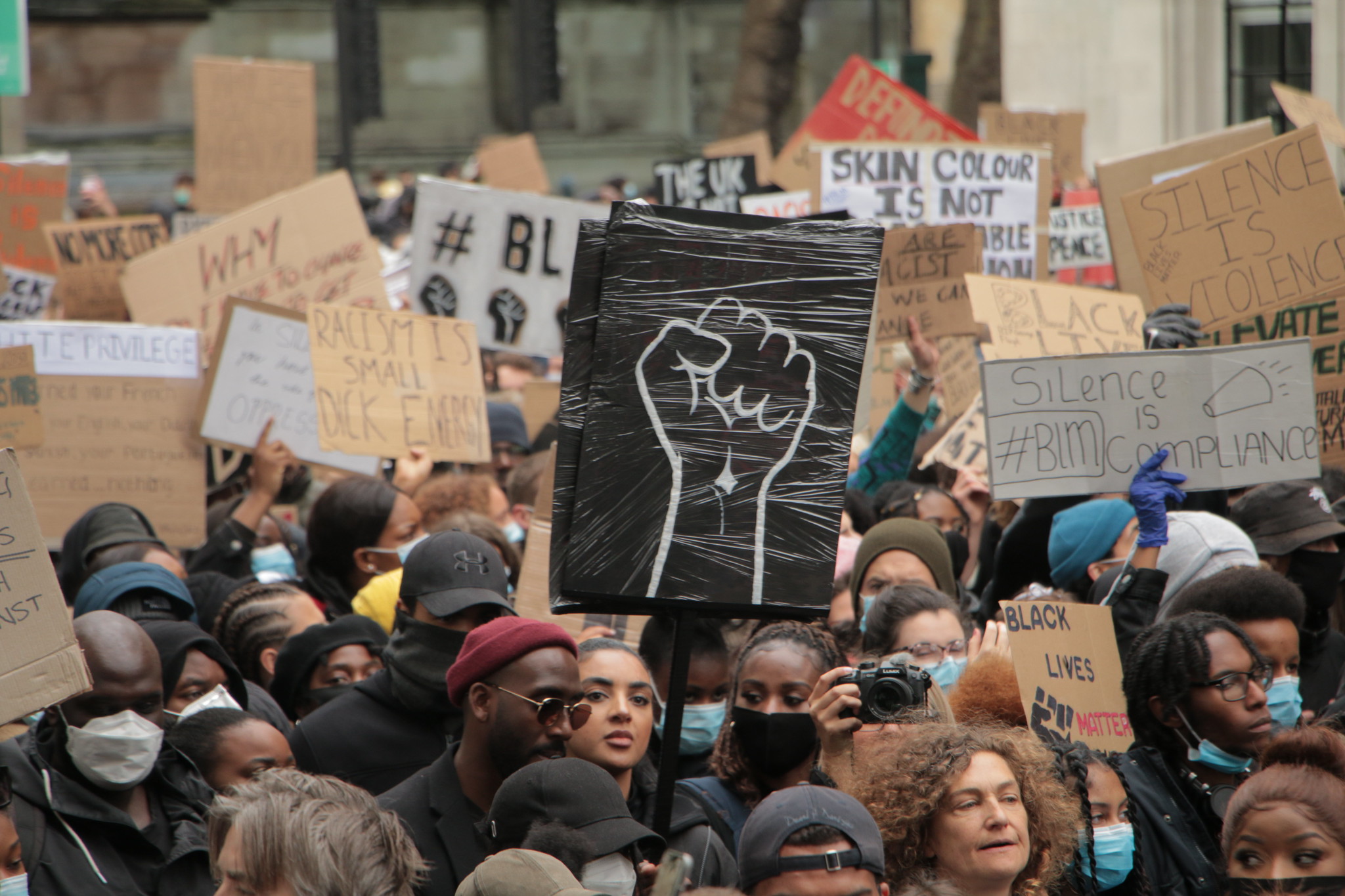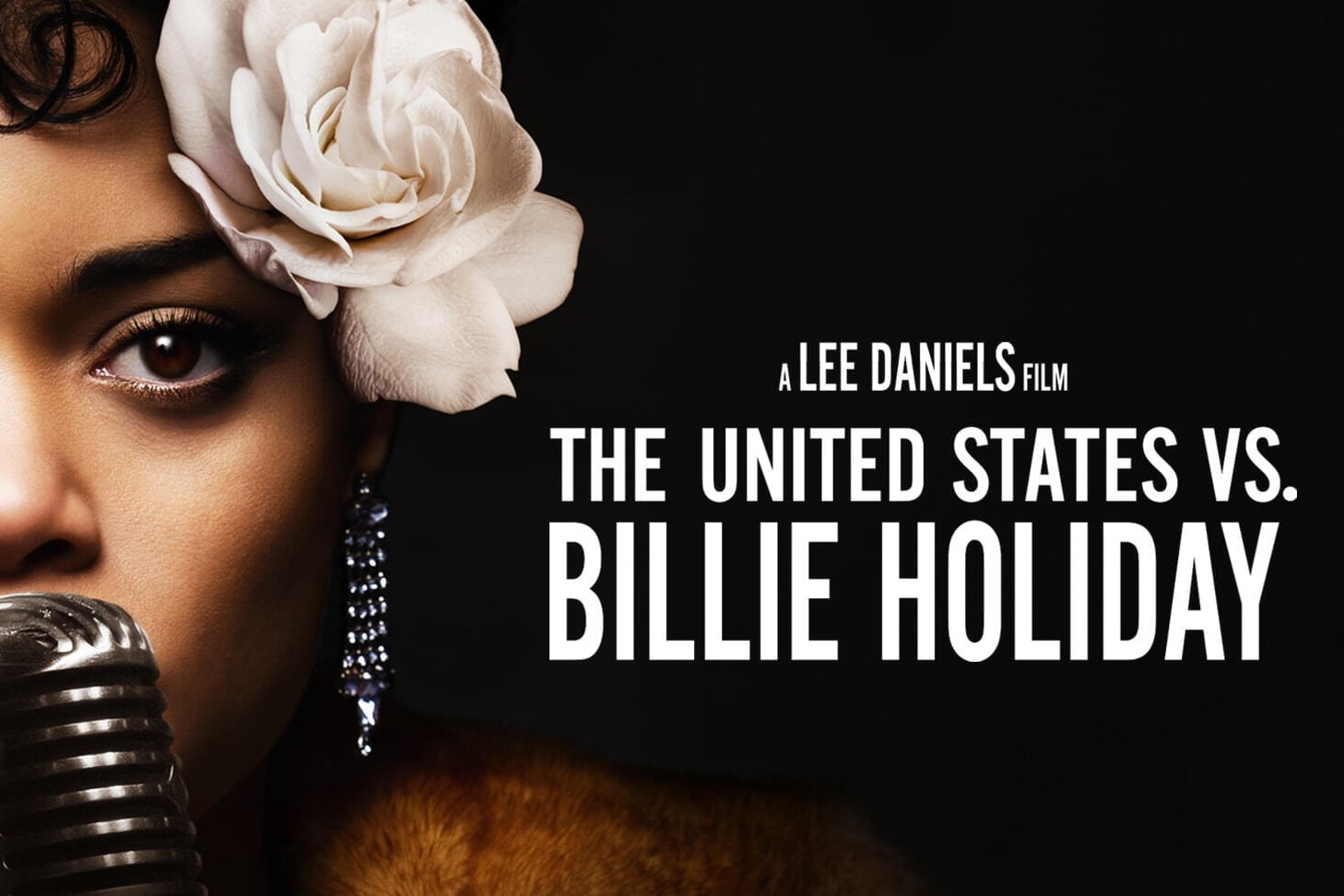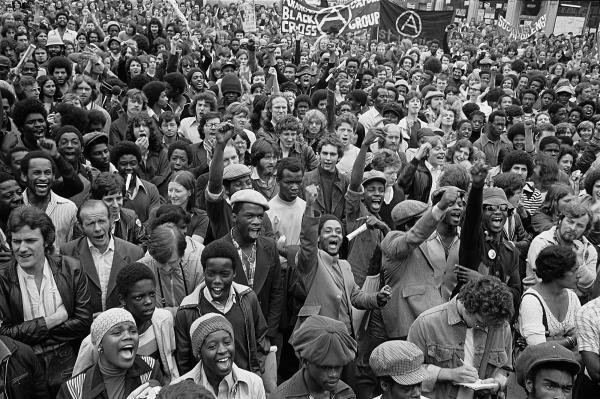Khaled Malachi reviews a recent film dramatising the life of Billie Holiday, which documents how state repression was used to crush the jazz singer and her defiant attitude towards the authorities.
Lee Daniels’ biopic The United States vs Billie Holiday follows the sustained attempts by the Federal Bureau of Narcotics (FBN) to humiliate and crush the life and livelihood of legendary jazz singer Billie Holiday (1915-59).
Though the plot is muddled at times, Daniels does manage to touch on important themes in a fresh and timely way.
It was not Holiday’s drug usage that drew the ire of the FBN; it was the provocative lyrics of a song branded “un-American” for “causing people to think the wrong thing”.
Billie’s ‘crime’ was never really about substance abuse. It was her lacerating attack on the status quo. Her defiance in continuing to sing Strange Fruit, an anti-lynching song, when instructed by federal agents to stop, could not be tolerated.
War on drugs
 After prohibition ended, one Harry Anslinger was appointed head of the FBN, becoming a key architect of the ‘war on drugs’.
After prohibition ended, one Harry Anslinger was appointed head of the FBN, becoming a key architect of the ‘war on drugs’.
The film depicts Anslinger as racist and callous to the core – and indeed he was.
The FBN chief viewed jazz musicians’ lives as reeking of filth. He saw their music as evidence of black people’s “primitivism”. His scheming and subterfuge accurately portray his any means necessary approach to criminalising the black community.
Anslinger assigns a black agent to befriend Billie and monitor her activities in order to prepare for a drug bust. The first such arrest happened just after her first performance of Strange Fruit in 1939. Though based on a real agent, Jimmy Fletcher, who was used as a pawn by Anslinger, he is sadly given almost as much screen time as “Lady Day” herself.
Fletcher is shown as being pulled mercilessly in many directions, hopelessly conflicted as to whether he is doing the right thing.
A needlessly speculative romance story is spun between the two – perhaps to show the friction between being black and working for a pillar of the racist state. Regardless, as was the case in Judas and the Black Messiah, this leads to woeful lack of focus.
We do see Fletcher’s role in Billie’s 1947 drug bust, which led to her incarceration for one year and a day. “It was called ‘The United States of America versus Billie Holiday,’” the singer wrote in her memoirs, “and that’s just the way it felt.”
After Billie was released from prison, a permanent scar remained. She was refused a cabaret card to perform and was soon back in the grip of hustlers and swindlers with few record royalties coming her way.
Daniels, to his credit, does not shy away from showing this vicious cycle of harassment, persecution, abuse, and addiction. Her life swiftly goes from bad to worse, until her tragic death aged just 44.
Strange Fruit today
 Racism cast a long shadow over Billie’s life. It was not simply Anslinger’s department that made her life a living hell. It was the conditions of life for black people in general, within a system that required – and still requires – racial division and prejudice.
Racism cast a long shadow over Billie’s life. It was not simply Anslinger’s department that made her life a living hell. It was the conditions of life for black people in general, within a system that required – and still requires – racial division and prejudice.
Billie Holliday once described Strange Fruit as her ‘personal protest’, and Andra Day’s stunning performance in the film brings light to this. It is not hard to see why. In gruesome detail, the song describes black bodies swinging from trees; their bulging eyes and the burning flesh.
This musical lament is described in the film as “a starting gun for this civil rights movement”. Lynching itself claimed thouands of black lives; and it has still not been outlawed, as the film concludes.
Though Billie never beared witness to a lynching, these anguishing lyrics struck a chord with Lady Day, and the song has been remembered by history as her own.
In her eyes, the lyrics spelled out all the things that had killed her father. She always said it was the South that killed him, not the pneumonia. This was where her father tried to get help whilst sick, being turned away because of racism.
She remained determined to sing this song, since the things that killed her father were still happening in her later life. Seventy years on from her death, all these conditions remain.
We see a woman who was sick yet criminalised; a woman pushed into economic dependence on abusive men. And we see immense talent wrecked, with the rotten racist system to blame.
The final scene shows Holiday goading Anslinger on her deathbed, telling him “Your grandkids will be singing Strange Fruit”. And in a very real sense, this is true. With millions protesting internationally in 2020 against systemic racism, our generation is continuing that same fight, in step with Lady Day’s personal protest.
We must make sure that our struggle does away with the capitalist system. This is the only way to make these lyrics and the reality they represent a thing of the past.






